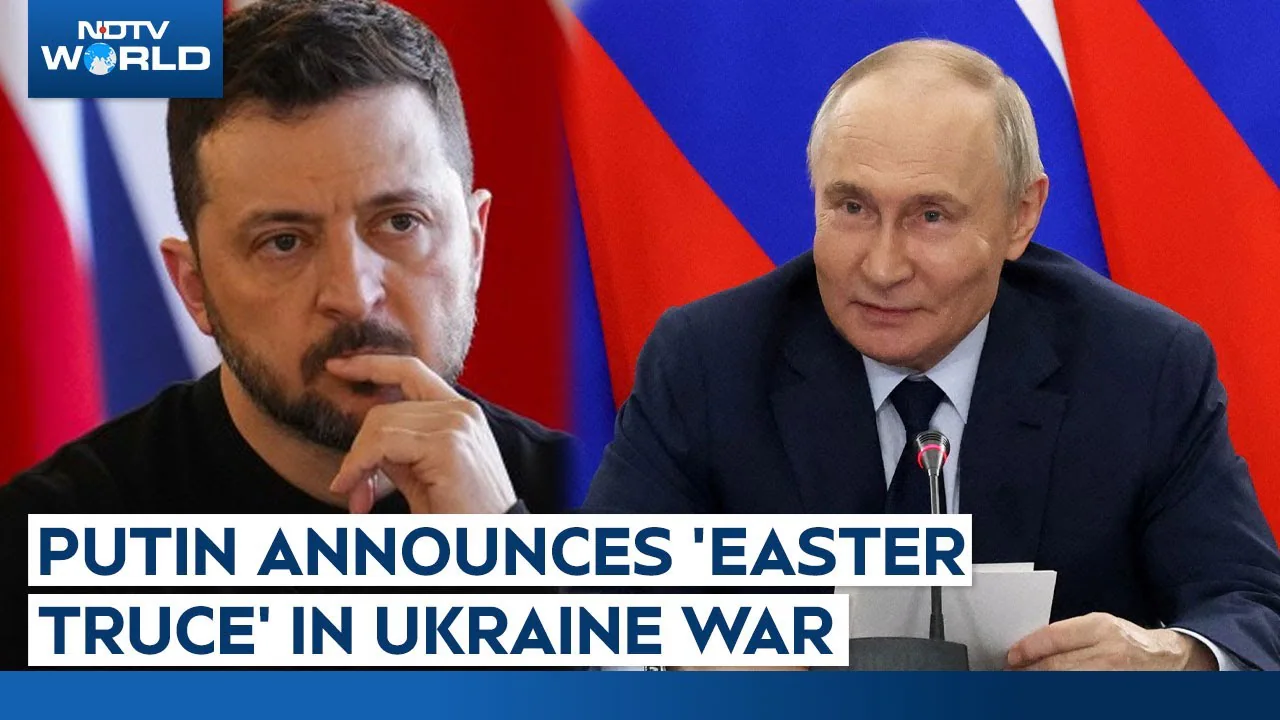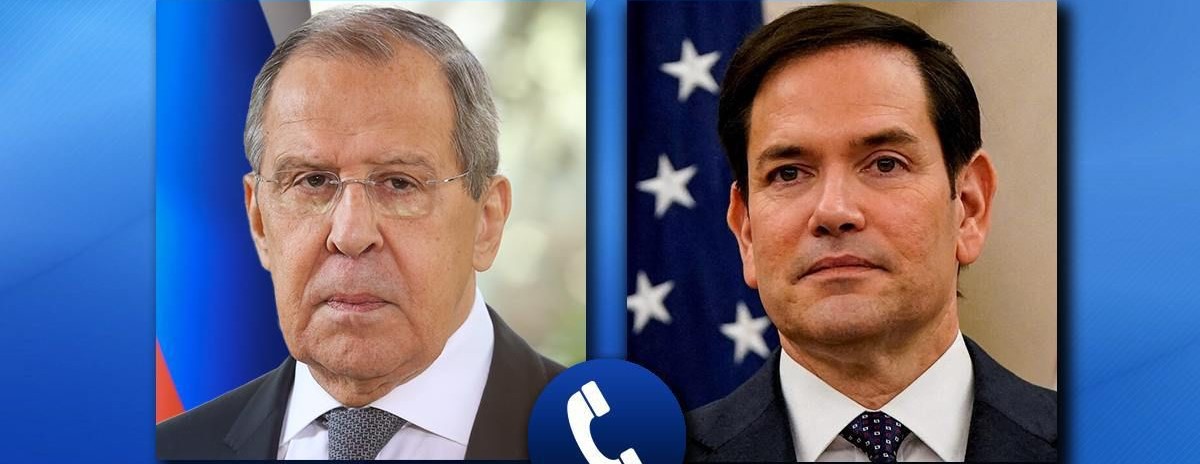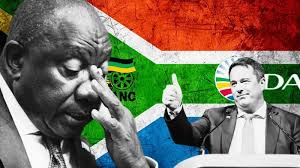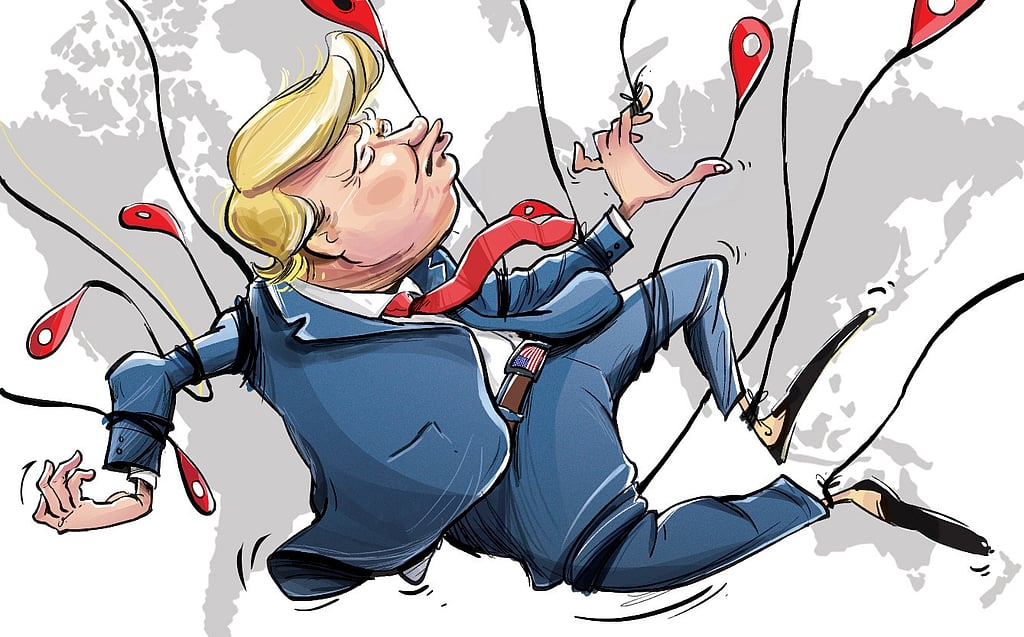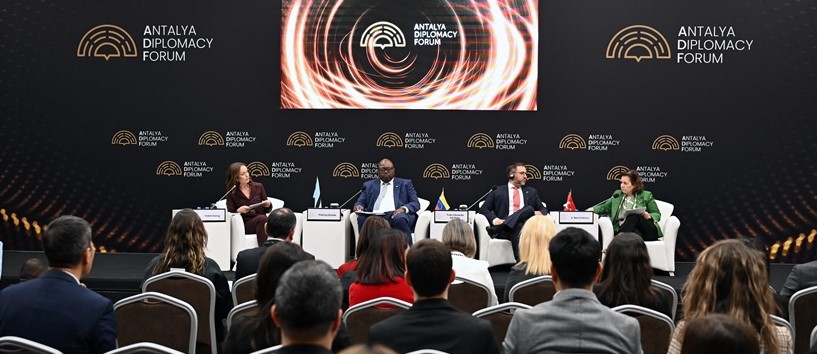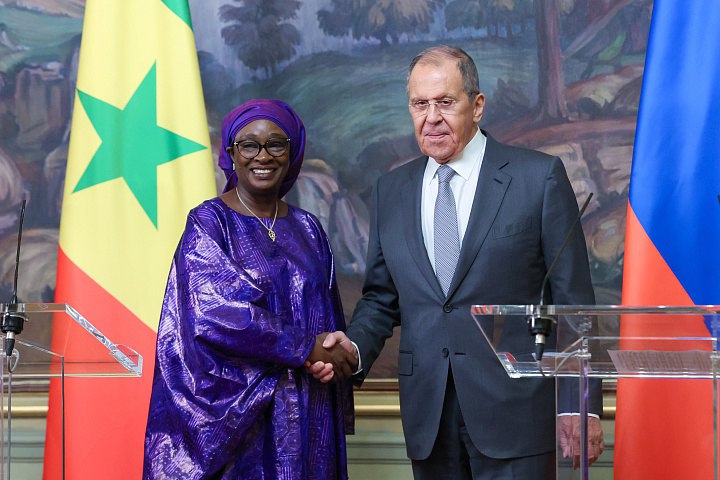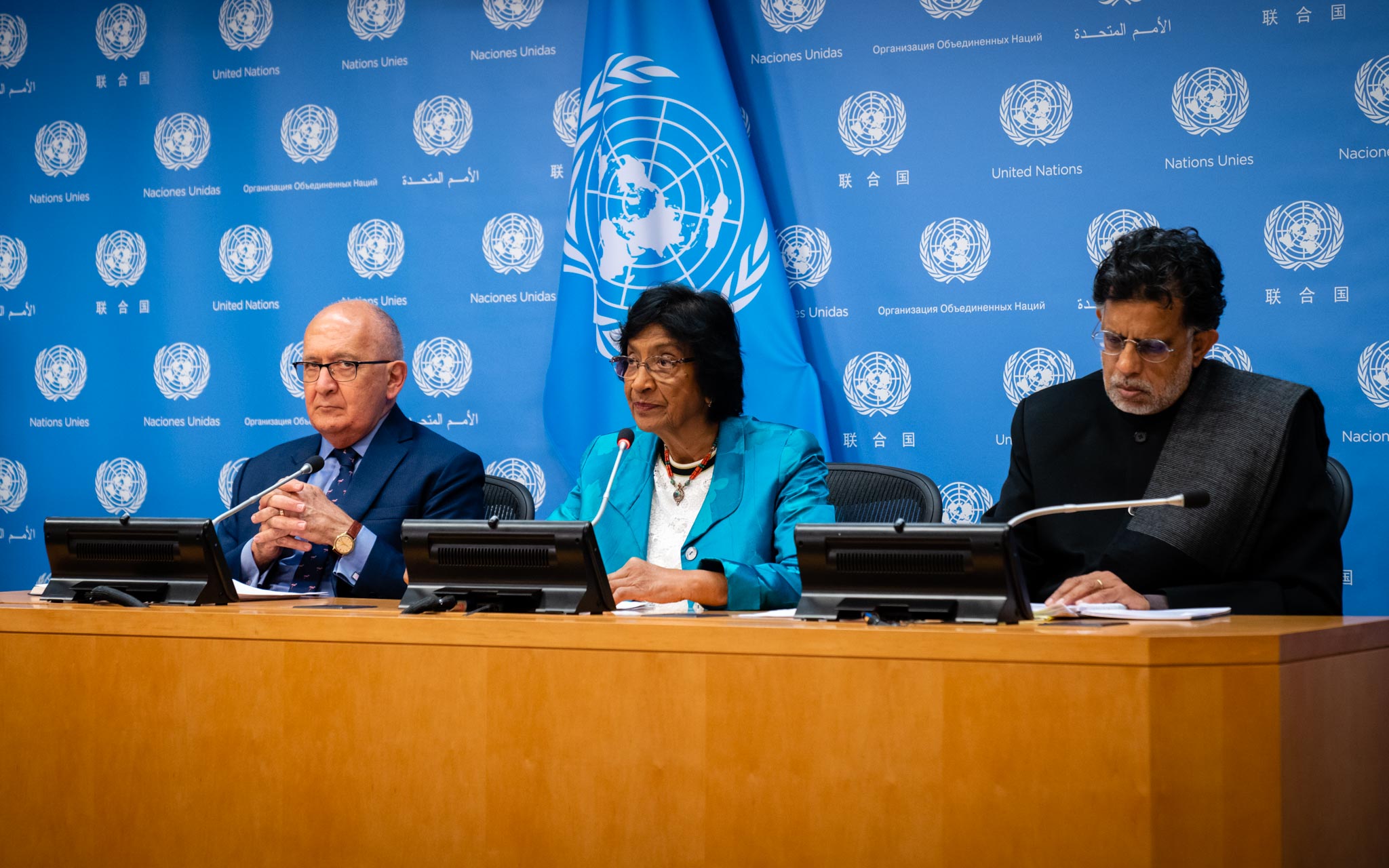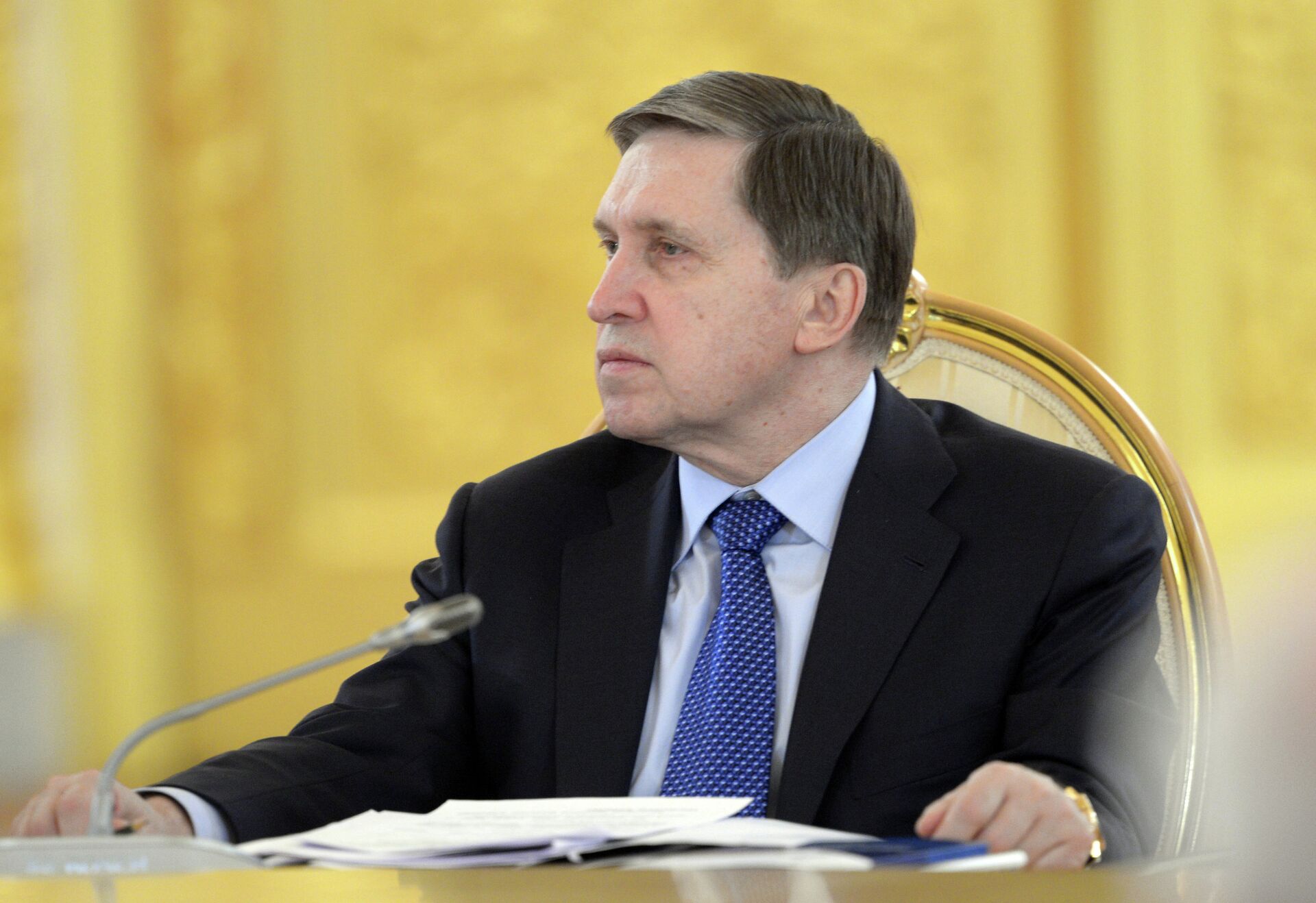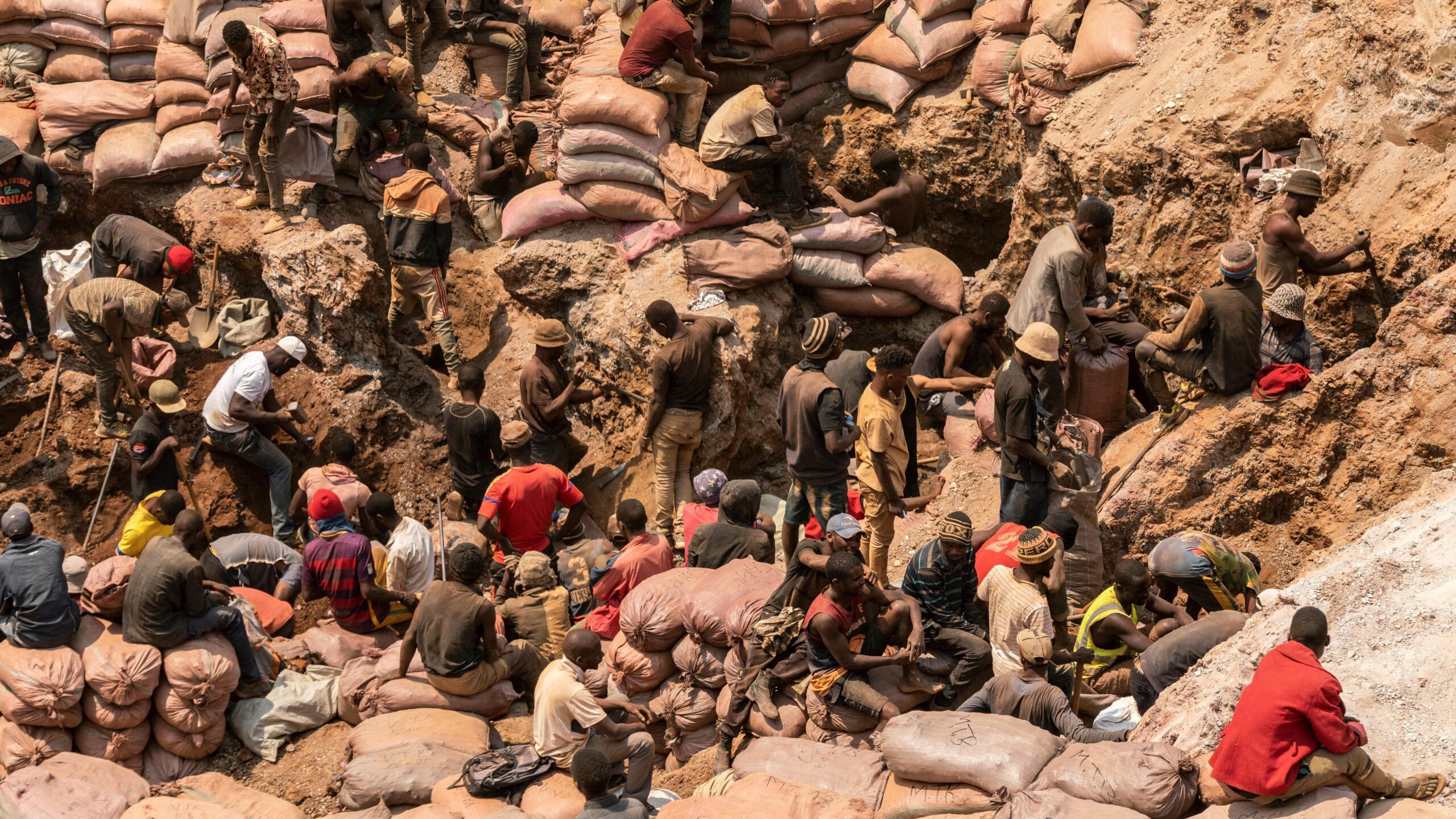
A general view of artisanal miners working at the Shabara artisanal mine near Kolwezi on October 12, 2022. - Some 20,000 people work at Shabara, in shifts of 5,000 at a time. Congo produced 72 percent of the worlds cobalt last year, according to Darton Commodities. And demand for the metal is exploding due to its use in the rechargeable batteries that power mobile phones and electric cars. But the countrys poorly regulated artisanal mines, which produce a small but not-negligeable percentage of its total output, have tarnished the image of Congolese cobalt. (Photo by Junior KANNAH / AFP) (Photo by JUNIOR KANNAH/AFP via Getty Images)
By Cde Mafa Kwanisai Mafa
The Democratic Republic of Congo (DRC) is one of the most resource-rich nations on earth, yet its people remain trapped in poverty, instability, and perpetual war.
This paradox is not incidental but the direct result of imperialist and neo-colonial exploitation.

Among the benefactors of this exploitation is South Africa, which, despite its liberation from apartheid in 1994, has maintained economic relations with the DRC that mirror the colonial model of extraction and plunder.
The economic relationship between South Africa and the DRC is overwhelmingly extractive, with trade between the two countries amounting to $1.61 billion in 2022.
South Africa exported $1.47 billion worth of goods to the DRC, including refined petroleum, liquid pumps, and excavation machinery, while the DRC’s exports to South Africa totaled only $139 million, mainly in minerals.
This trade imbalance underscores a classic dependency structure in which the DRC serves as a primary commodity supplier while South Africa exports manufactured goods, reinforcing its subordinate economic role.
The Colonial Origins of Exploitation
To understand South Africa’s role in the plundering of the DRC, one must return to the colonial era. The brutal reign of Belgian King Leopold II turned the Congo into a personal fiefdom, where forced labour and mass killings were used to extract rubber and minerals.
While Leopold’s atrocities officially ended in 1908, the extractive economic model persisted. Under Mobutu Sese Seko’s rule (1965–1997), Western-backed kleptocracy ensured that Congo’s vast wealth continued to benefit foreign multinationals while the Congolese people remained impoverished.
The collapse of Mobutu’s regime and the ensuing wars created conditions that further opened the door for foreign capital, including South African corporations, to extend their reach.
The ANC-led South African government, rather than breaking with colonial patterns of economic relations, has instead entrenched them, perpetuating a model that allows South African businesses to extract Congolese wealth while contributing to the instability that keeps the DRC weak and vulnerable.
The Role of South African Corporations in the DRC
Since the end of apartheid, South Africa has positioned itself as a regional economic powerhouse, with its corporations expanding aggressively into the DRC. Key players include:
South African mining giants like Anglo American, Glencore, Ivanhoe Mines, and African Rainbow Minerals (founded by Patrice Motsepe) have extensive interests in the DRC’s cobalt, copper, and gold sectors.
These companies profit from the labour of Congolese workers under exploitative conditions, while much of the wealth is repatriated to South Africa and beyond.
Companies such as Group Five, WBHO, Stefanutti Stocks, and Basil Read are heavily involved in infrastructure projects. While these projects are touted as developmental, they primarily serve to facilitate the extraction and export of minerals.
South African banks, including Standard Bank, Absa, FirstRand, and Nedbank, play a central role in financing these extractive activities, often profiting from high-interest loans to Congolese businesses and the government.
Companies like Shoprite, Pick ‘n Pay, Spar, MTN, Vodacom, and Telkom have capitalized on the lack of local industries by monopolizing consumer markets and telecommunications, further draining wealth from the DRC.
The South African Elite and the Blood of the Congolese People
The wealth accumulated from these ventures does not benefit the majority of South Africans. Instead, it is concentrated in the hands of a small elite class, the same bourgeoisie that controls the post-apartheid South African economy.
The profits extracted from the DRC are invested in high-end real estate developments such as Sandton and Rosebank, while malls glitter with the wealth stolen from the blood of Congolese workers.
Prominent South African business figures, such as Ivan Glasenberg (CEO of Glencore), Mark Cutifani (former CEO of Anglo American), and Patrice Motsepe (founder of African Rainbow Minerals), are key actors in this neo-colonial arrangement.
Their immense fortunes are built on the suffering of Congolese labourers, who toil under hazardous conditions for starvation wages.
Conflict Minerals and the Role of South Africa
The DRC’s mineral wealth has long fueled conflicts, with various armed groups controlling mining regions to finance their operations. South African companies, either directly or indirectly, benefit from this arrangement.
The Johannesburg Stock Exchange (JSE) lists companies involved in the DRC’s extractive industries, some of which have been implicated in illicit mineral trading and human rights abuses.
Che Guevara, who fought alongside Congolese revolutionaries in 1965, observed that “imperialism will never voluntarily withdraw its claws from a country rich in resources.”
This insight remains relevant today, as South African capital continues to function as a junior partner in global imperialism, facilitating the plunder of the DRC on behalf of multinational corporations and Western financial institutions.
The Role of the South African State
Far from being a neutral actor, the South African state has actively supported the interests of its capitalist elite in the DRC. The ANC government, through its foreign policy and military interventions, has ensured that South African business interests remain protected.
The South African National Defense Force (SANDF) has been deployed in the DRC under the guise of peacekeeping, but its presence serves to stabilize conditions for capital accumulation rather than to protect the Congolese people.
Moreover, South Africa’s participation in initiatives such as the Lobito Corridor project—an imperialist infrastructure scheme backed by the United States and the European Union—further entangles it in the neo-colonial control of Congolese resources.
As Fidel Castro warned, “Neo-colonialism is imperialism in disguise,” and South Africa has become one of its primary regional enforcers.
The Socialist Alternative: Pan-African Unity and Workers’ Control
The only way to break this cycle of exploitation is through socialist organizations and Pan-African solidarity. The Congolese people must seize control of their resources, nationalizing the mining industry and expelling foreign corporations that profit from their suffering.
South African workers must recognize that their struggle is intrinsically linked to that of their Congolese counterparts and reject the bourgeois nationalism that pits them against each other.
Kwame Nkrumah correctly identified the African comprador class as one of the greatest obstacles to true liberation. In his work Neo-Colonialism: The Last Stage of Imperialism, he wrote that “as long as Africa remains divided, it will remain weak.”
Only through a united socialist front can the workers of Africa dismantle the exploitative economic systems imposed upon them.
South Africa, as a regional power, must break with its neo-colonial alignment and instead pursue genuine Pan-Africanist policies.
This means rejecting capitalist accumulation at the expense of African nations and instead working toward a socialist economic model that prioritizes the well-being of all Africans over corporate profits.
Conclusion
The exploitation of the DRC by South African capital is a glaring example of how neo-colonialism functions in the modern era.
The ANC-led government, far from dismantling apartheid-era economic structures, has instead refined and expanded them to serve the interests of a new black bourgeoisie that mirrors its white predecessors.
The blood of Congolese workers stains the riches of South Africa’s elite, and until this system is dismantled, the suffering will continue.
Only through a socialist revolution, guided by the principles of class struggle and Pan-African solidarity, can the people of the DRC and South Africa break free from the chains of exploitation.
As Frantz Fanon declared, “Each generation must, out of relative obscurity, discover its mission, fulfil it, or betray it.”
The mission of this generation is clear: to overthrow neo-colonialism and build a new Africa based on socialist principles and collective liberation.
© TPA2025
